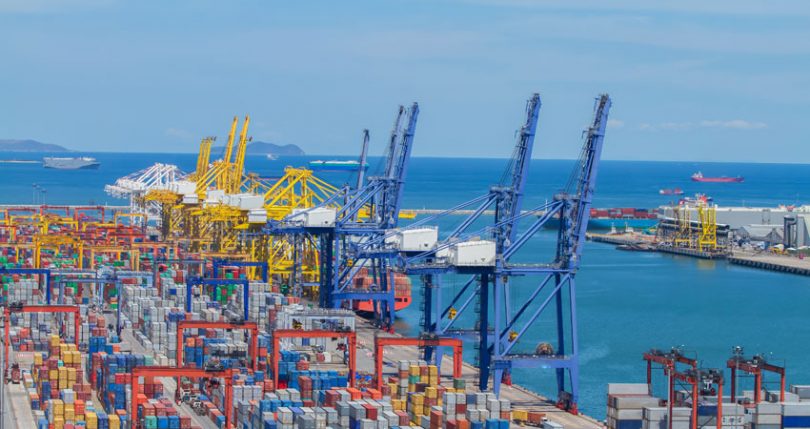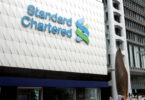Today, IFFCO Singapore (ISPL) announced the launch of its trade and trade finance blockchain platform developed by blockchain firm dltledgers. The company completed its first live transaction for moving Palm Oil and extracts for IFFCO Group from Malaysia and Indonesia to the Middle East with support from Standard Chartered. UAE-headquartered IFFCO is a major agribusiness company in the region. It also produces foods such as confectionery, cakes, ice cream and others.
ISPL said the digitized trade transaction involved both import and export processes and took three hours to complete against the 10-day paper-based process. The firm said it is using blockchain for invoice financing on the buy-side and digital avalisation for Document against Acceptance (DA) on the sell-side. The firm claimed this is the first-ever blockchain digital avalisation, which guarantees payment against a bill of exchange if the importer defaults.
“This move to a digital system based on #dltledgers blockchain is part of our business strategy to enter the digital space to leverage on innovative emerging technologies involving smart contracts, smart documentation and digital consensus in blockchain, we are able to access earlier financing from bank as the documentation flow is much closer to real-time,” says P R Thakore, CEO, IFFCO Singapore.
ISPL said blockchain potentially cuts financing costs by 20-25% for cross-border trade. Another agribusiness, Agrocorp, estimated that the dltledgers platform had saved 15-20% in its financing costs. By then the company had processed more than $100 million on the network. That’s a reasonable proportion of the $1 billion in trade finance that dltledgers stated it had executed at the time.
Earlier this year, Standard Chartered completed a trade finance transaction for a shipment of chickpeas from Agrocorp.
“Being part of this digital space has helped banks with more visibility into the customers operations, increasing transparency of the trade. This will surely reduce fraud and related risk and build cross border interconnectivity helping bank to move away from paper-based manual complex transactions involving multiple buys and sell into a seamless, more secure and efficient flow,” said Samuel Mathew, Global Head of Documentary Trade & Digital Trade at Standard Chartered.
Hyperledger Fabric underpins the dltledgers platform. As of four months ago, it had over 30 banks and more than 360 customers on its platform. Some of the features of the platform include automated trade execution, network collaboration, a digitized trade documents engine, a digital identity engine and a digital assets engine, among many others.
Two months ago, UAE’s Abu Dhabi Commercial Bank announced it was using dltledgers for trade finance.
Blockchain trade finance is slowly gathering pace. The most prominent players in this sector are the Marco Polo Network, komgo, Voltron and we.trade.







